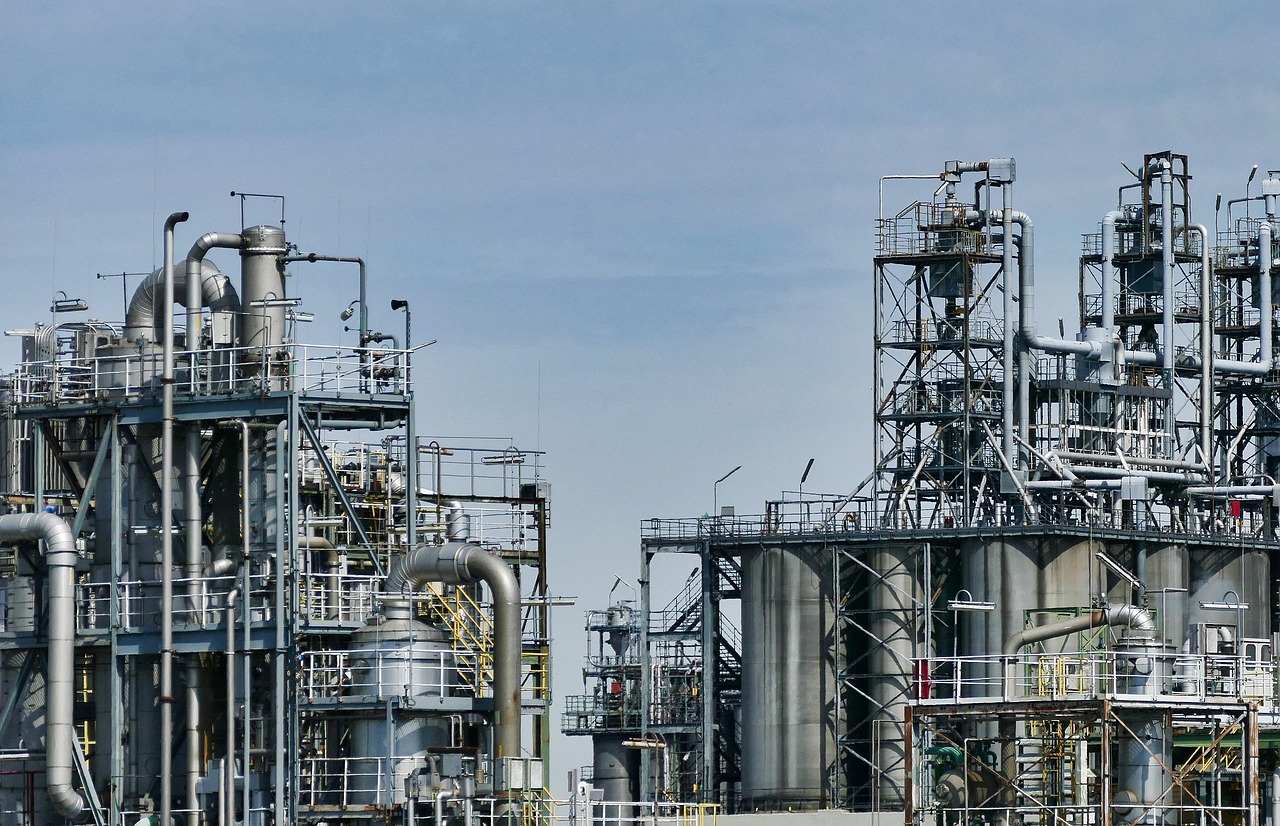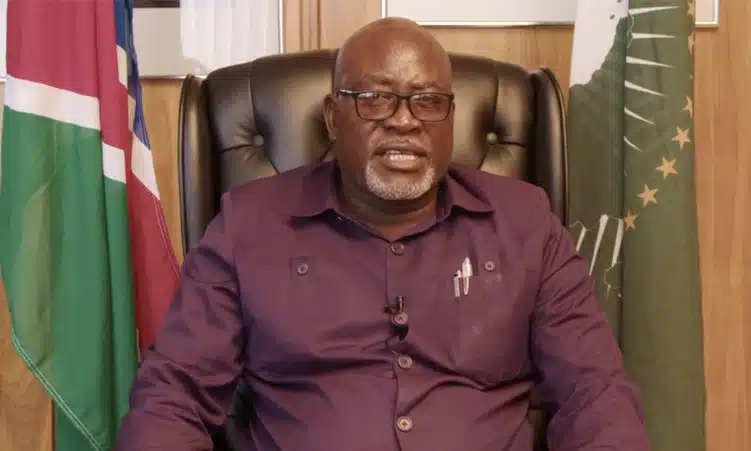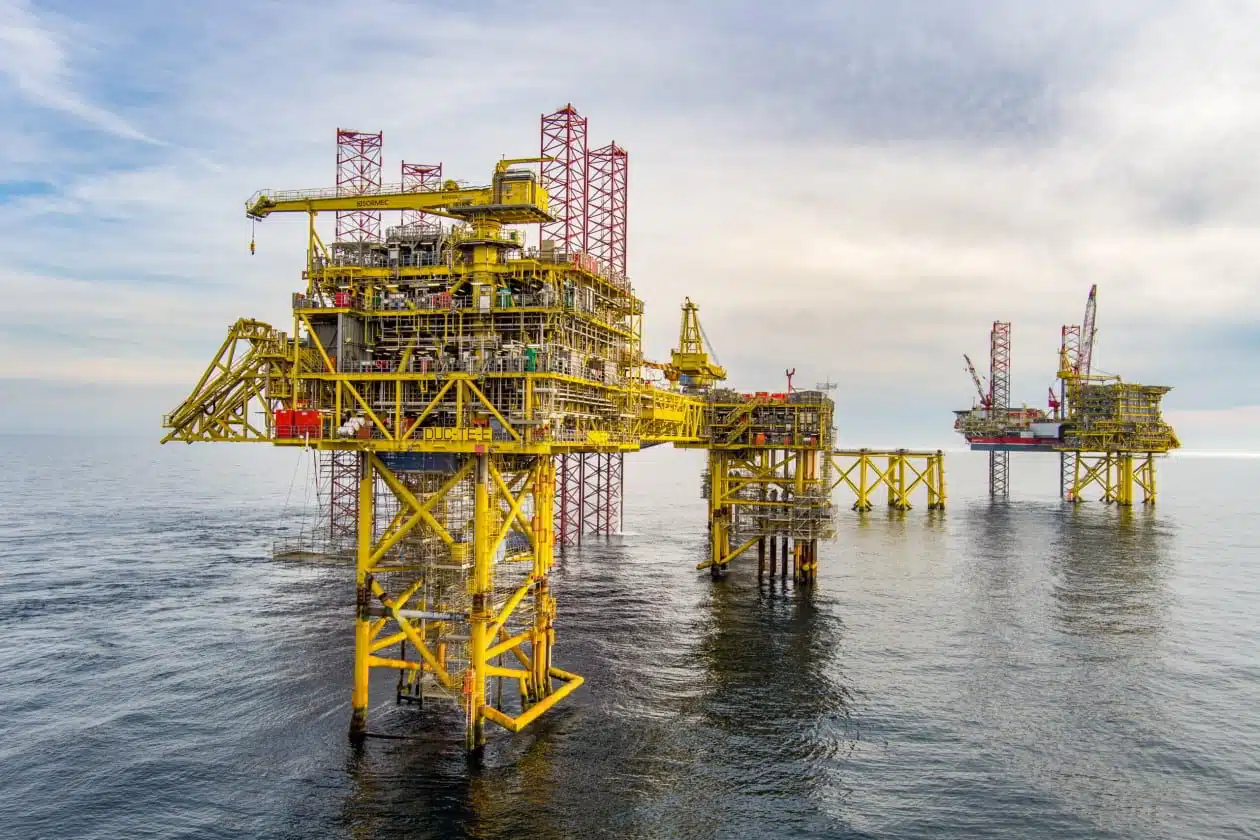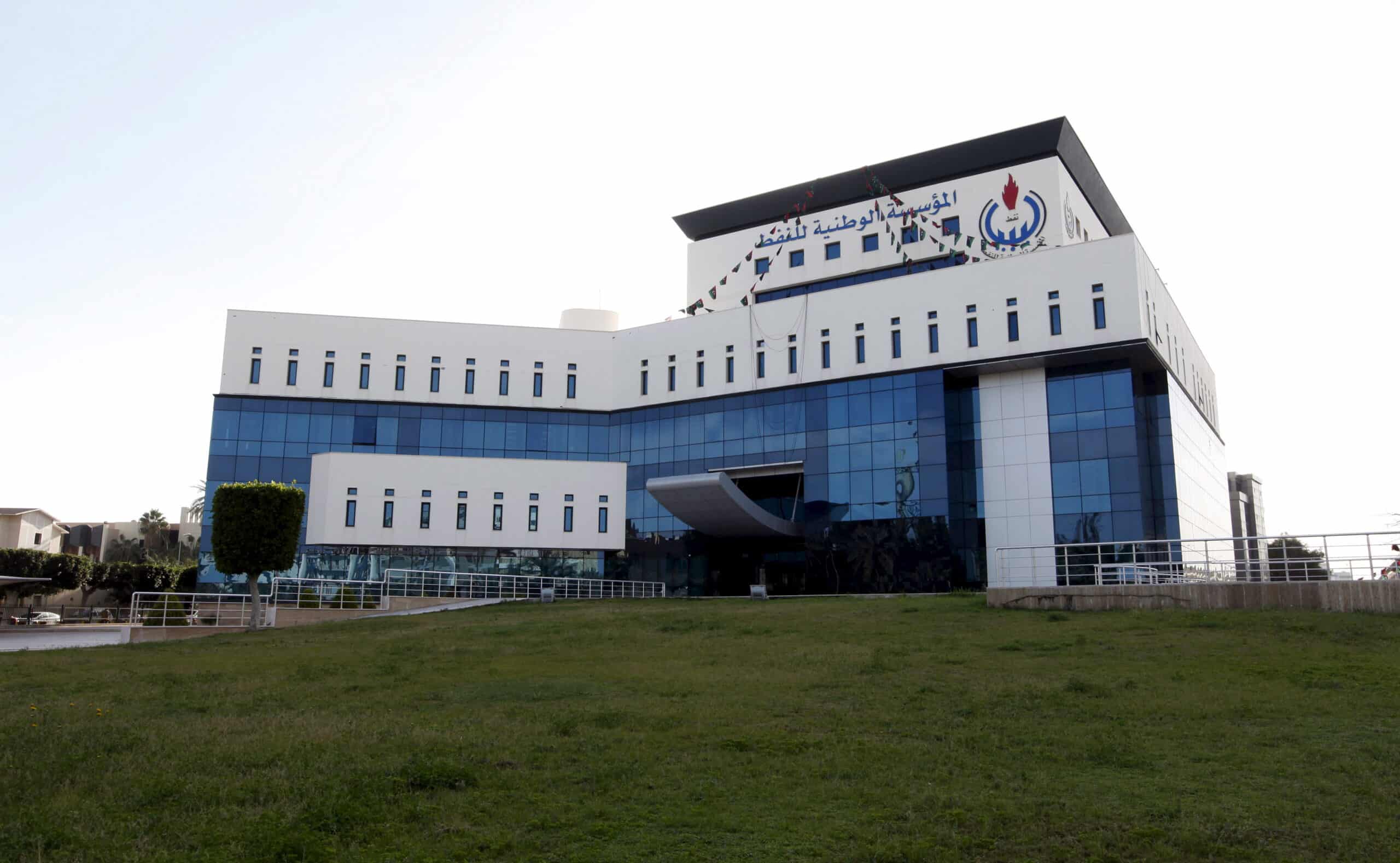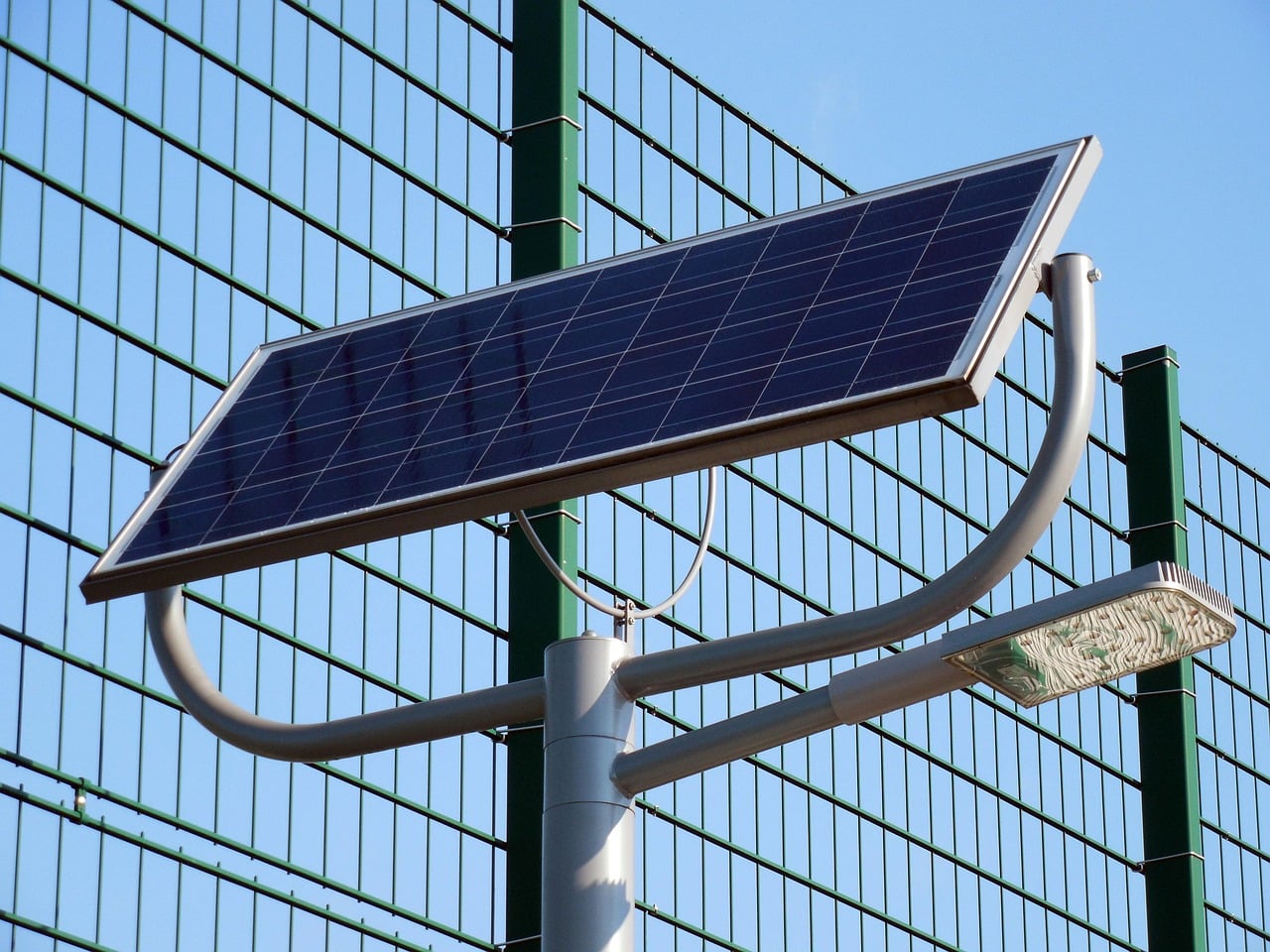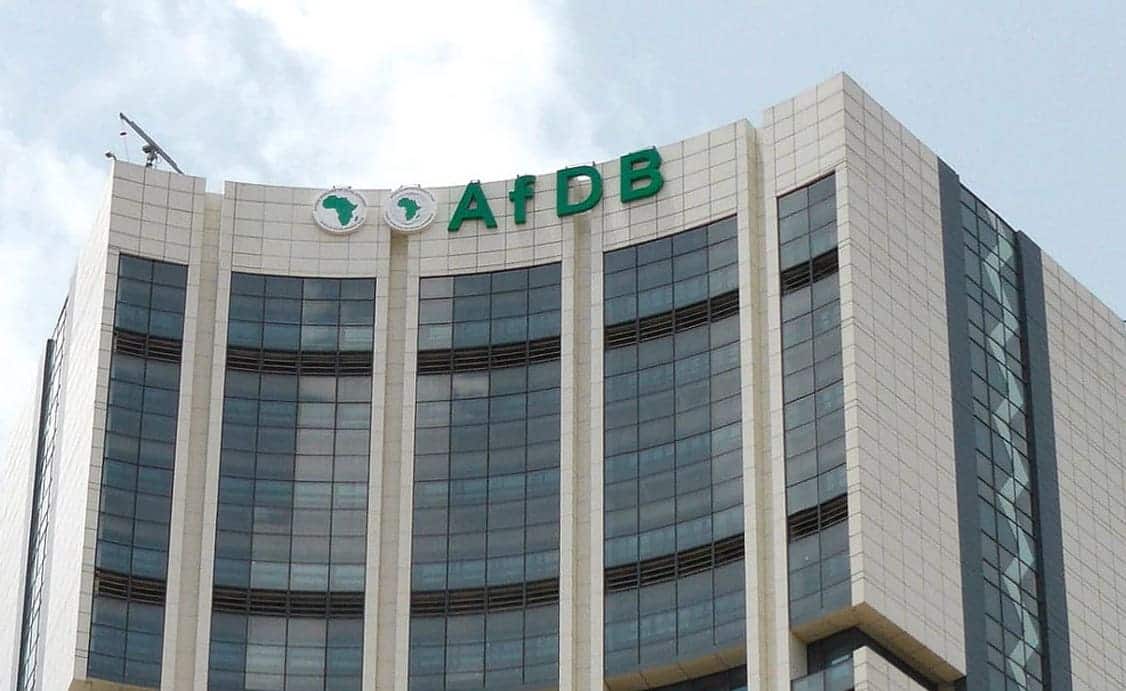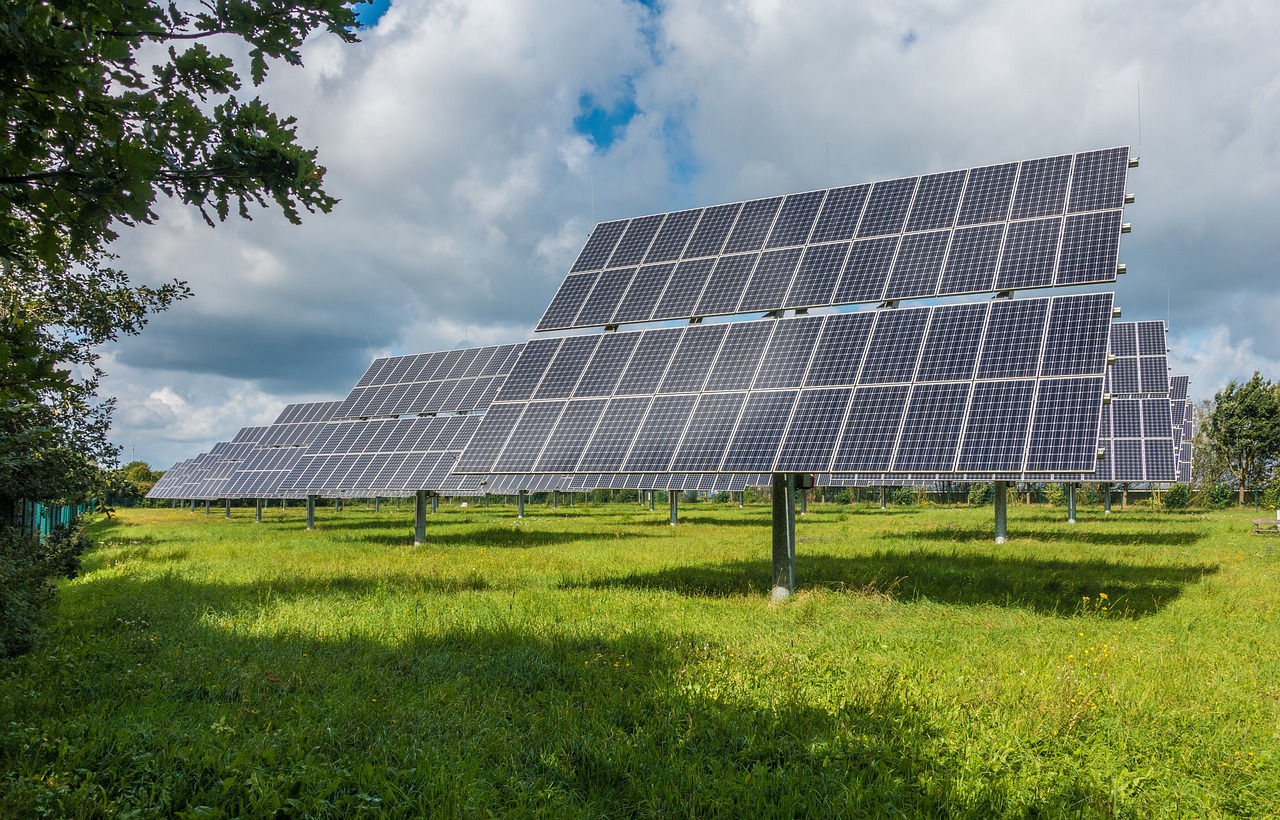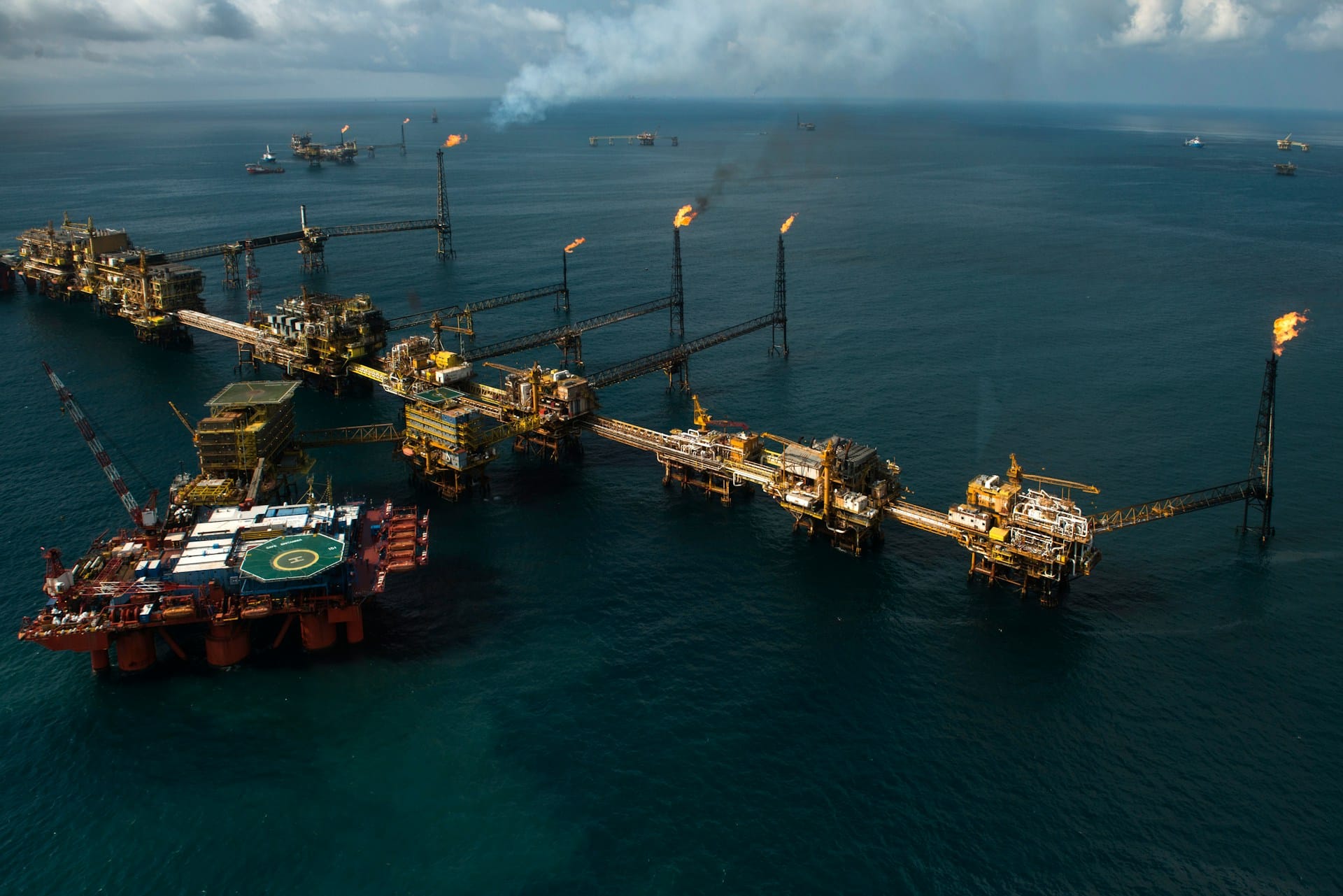Zambia has signed a deal with a Chinese engineering firm to build a $1.1 billion crude oil refinery that could significantly reduce its fuel import bill and position the country as a net supplier of refined petroleum products in the region.
The planned facility, to be located in Ndola in the Copper belt Province, will have a processing capacity of 60,000 barrels per day (bpd) once operational.
According to a statement by the Zambian government on Monday, the refinery and energy complex is expected to meet the country’s full domestic demand for refined fuel and enable exports to neighboring countries.
Officials noted that the project is being developed through a partnership between Zambia’s Industrial Development Corporation (IDC) and China’s Fujian Xiang Xin Corporation.
The refinery is projected to begin construction in the third quarter of 2025, with commercial operations for the first phase scheduled to start in 2026.
Once complete, authorities say the complex will save Zambia hundreds of millions of dollars currently spent on importing refined fuel annually.
An IDC spokesperson, who spoke with Reuters, mentioned that crude oil for the facility will be sourced from the Middle East and imported through the Port of Dar Es Salaam in Tanzania.
The official added that the supply arrangement aligns with the government’s long-term goal of diversifying fuel sources and building resilience in the energy sector.
Beyond the refinery, the complex will include infrastructure for liquefied petroleum gas (LPG) bottling, bitumen production, lubricants blending, and a 130-megawatt power plant, the government said.
Zambia eyes regional supply role
In addition, Zambia currently imports nearly all of its refined petroleum products, which makes it vulnerable to external price shocks and foreign exchange volatility.
In recent years, rising global oil prices and currency depreciation have strained the country’s economy, driving up inflation and increasing fuel subsidy burdens.
By processing 60,000 bpd of crude oil locally, the refinery could not only stabilize domestic prices but also position Zambia as a strategic supplier to landlocked neighbors such as the Democratic Republic of Congo, Zimbabwe and Malawi.
“This project represents a turning point for our national energy security and industrialization strategy,” the IDC official stated. “It will improve fuel availability, create jobs, and contribute to GDP growth.”
The investment is part of a broader push by the administration of President Hakainde Hichilema to expand infrastructure, attract foreign capital, and reduce dependency on imports.
The government said the project aligns with its vision for a self sustaining energy sector capable of supporting manufacturing, mining, and transport.

